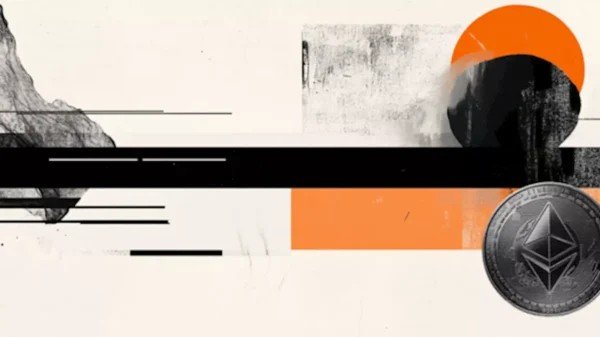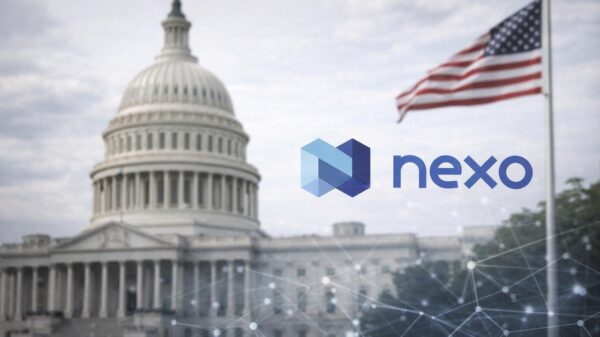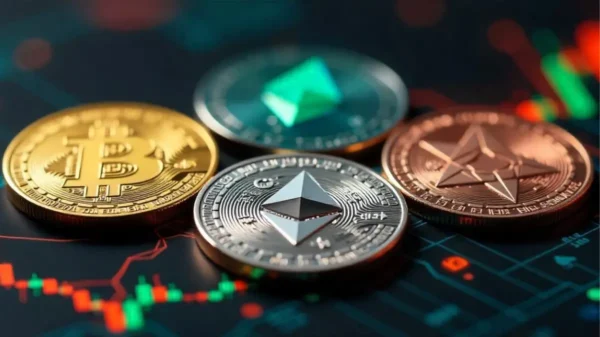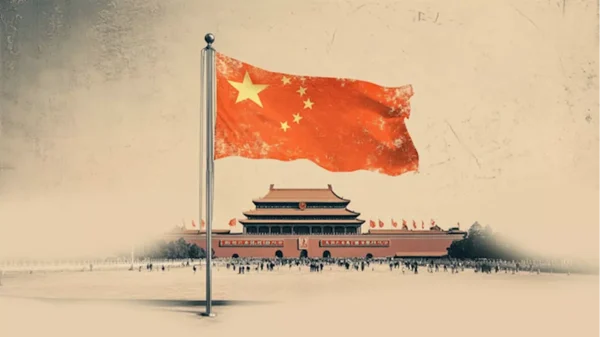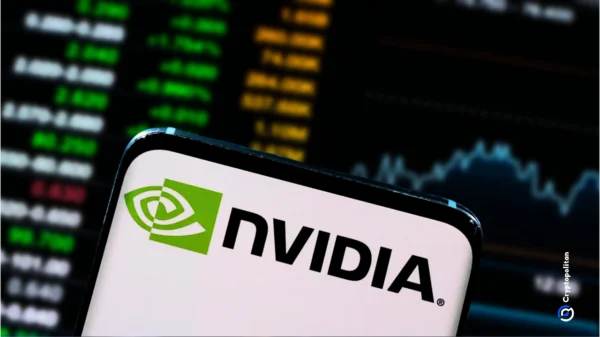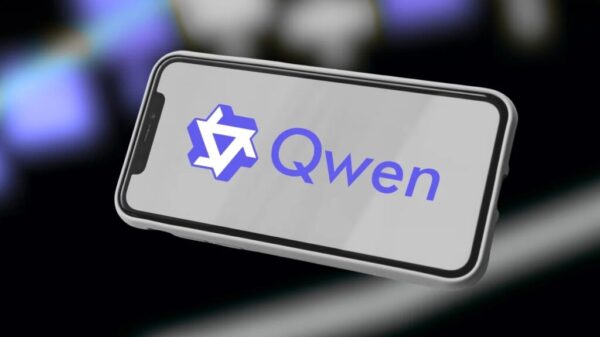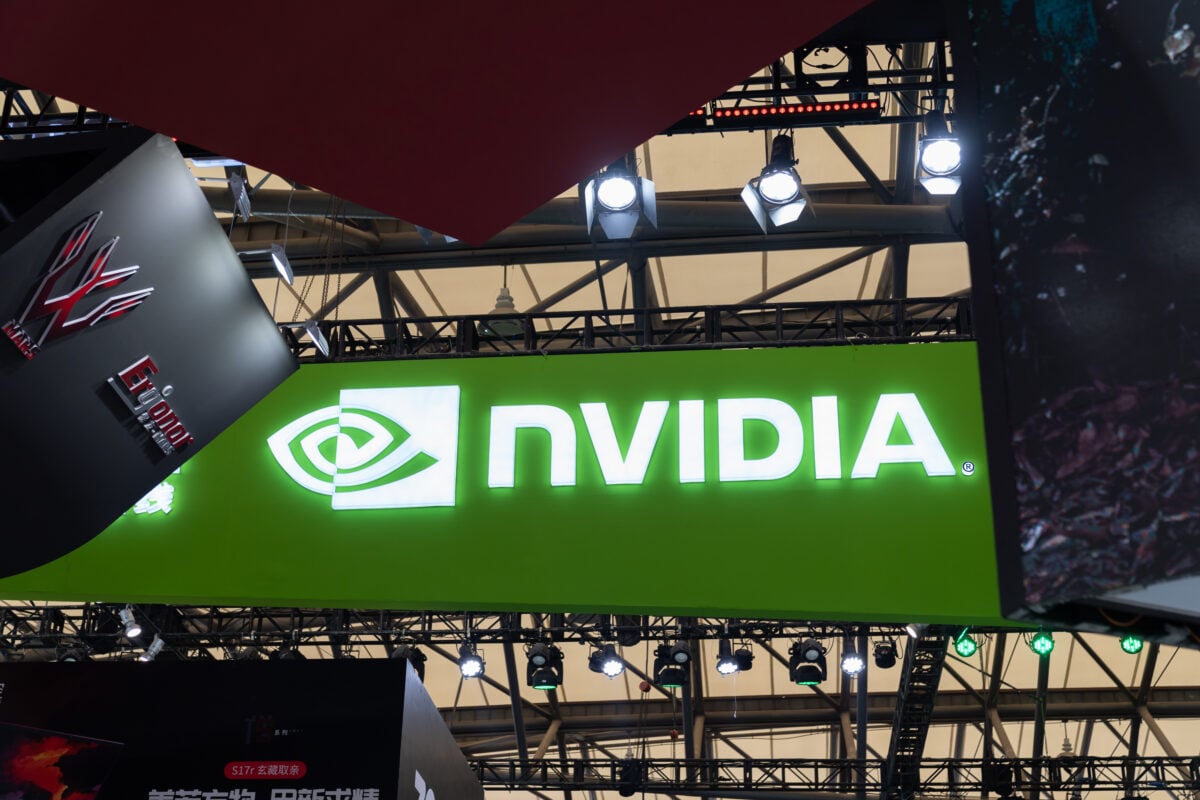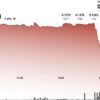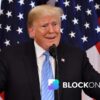The United States government is reportedly contemplating a significant revision of its export policies concerning advanced artificial intelligence chips. This potential change could allow Nvidia to sell its H200 series chips to China, marking a notable shift in the current restrictions that have been in place.
The Commerce Department is actively reviewing these regulations as part of broader discussions aimed at alleviating tensions in the US-China trade and technology landscape. This reassessment follows diplomatic engagements, including high-level talks between former President Donald Trump and Chinese leader Xi Jinping, which led to a temporary easing of trade hostilities.
The proposed policy adjustment indicates Washington”s delicate balancing act of ensuring national security while also bolstering the competitiveness of American semiconductor companies. Currently, Nvidia”s H20 series represents the most advanced chip that can be legally exported to China. If approved, the H200 would dramatically enhance China”s access to state-of-the-art AI hardware.
Previously, strict export limitations were imposed on high-performance graphics processing units (GPUs) to China due to concerns over their potential military applications. However, the current review signifies a possible recalibration of these policies. This might align with configurations like the B30A Blackwell, allowing exports of chips that could be significantly more powerful than the H20.
Trade Talks Prompt Policy Reevaluation
The export control regulations are grounded in metrics such as Total Processing Performance (TPP) and performance density thresholds, which were defined by the Bureau of Industry and Security in late 2023. While the H200 surpasses some of these thresholds, specific regulatory nuances regarding co-packaged high-bandwidth memory (HBM) chips could facilitate a controlled expansion of exports without violating existing frameworks.
Recent approvals for Nvidia”s Blackwell shipments to countries like Saudi Arabia and the UAE, totaling up to 70,000 units, highlight the US”s willingness to selectively authorize sales of advanced chips to trusted allies while keeping a tight grip on strategic technologies.
Implications for AI Chip Demand
If the export of H200 chips is sanctioned, the availability of high-bandwidth memory will play a crucial role in shaping global demand. Major players such as Samsung and SK Hynix are racing to ramp up production to meet the anticipated need, targeting substantial wafer starts by the end of 2025. Meanwhile, Nvidia”s consumption of CoWoS (Chip-on-Wafer-on-Substrate) packaging is already considerable, underscoring the integration of HBM with GPU technology.
The rapid growth of AI data centers is expected to further drive demand for advanced memory solutions, particularly the emerging 12-layer HBM3e stacks. As production yields improve, these innovations could significantly enhance AI workloads across various sectors globally.
Overall, the evolving landscape of AI infrastructure, combined with the anticipated modifications to export policies, could reshape the competitive dynamics of the global AI chip market. This scenario presents a pivotal moment for both technological leadership and national security considerations in the United States.














